#SPOTLIGHT ON ANDRE PEREZ
How and why did you start collecting trans stories?
I founded the Trans Oral History Project 8 years ago, and have been addicted to recording trans stories every since. As a baby trans person, I was struggling to figure out what it meant to grow up. The only trans folks I met were homogenous (white, middle-class, academic people in their 20’s). It felt crucial to understand where my people had come from and to see people who I could grow up to become if I went down this path. I keep doing this work because despite the great strides towards visibility our community has made, many of those issues are still in play for emerging trans folks from marginalized communities. As a trans person of color, I strive to honor the trust and vulnerability involved when people in my community share their stories with me.
Where did the inspiration and title for Been T/Here come from?
I’m working on a national series called America in Transition, which is a documentary web series about social change featuring trans people from marginalized communities across the United States. I also work for Trans Lifeline, a suicide hotline for trans people. When Open TV approached me, I realized I literally think and talk about trans people dying every day. I wanted to make a more hopeful and celebratory series. I wanted younger trans folks, people who were just coming out, or people who are in the struggle every day to be able to take a few minutes to connect with the stories, and say, “I’ve Been There!”
What types of stories will viewers see in Been T/Here?
As media makers from marginalized communities, we are told that we have to make our narrative “relatable to a general audience” which is commonly envision as white-middle class cisgendered people. I believe that if we tell genuine, insightful stories, we are offering something special--the opportunity to step outside of your narrow perspective and to experience something that helps you understand another person's reality. I don’t want to pander to people who can’t appreciate that.
Through StoryCorps, you interviewed 500 people and through TOHP, you’ve interviewed over 75 trans folks across the US. What has most surprised you in your conversations with trans and GNC folks?
I am always surprised by how real and vulnerable people are willing to be during interviews, especially when they don’t know me very well. All of my media work centers around giving people the platform to talk about what matters most, and so I am often talking to folks who aren’t used to being listened to. The first time this really hit home was when I was talking to an older trans man who has been an incredible activist for decades. I was really nervous about doing his story justice, and honored that he took the time to share it with me. When we finished, he got emotional and thanked me for listening to him. I was just a kid with a camera, but I started to realize the power that can have in my own community.
What about Chicago makes it an important place for understanding queer and trans community today?
Lots of people say that if you want to do LGBTQ stuff or media work, you need to live in New York. New York is an outward facing city--people are cosmopolitan in their views, and it is always looking to position itself on the world stage. I love Chicago because it’s an inward facing city--if you want to really understand America, this is the place to be. We are a huge city with tons of immigrant from all over, but we are solidly working class, and people come here from small towns across the heartland. Chicago is a microcosm of the US overall. The issue confronting us--privatization of public resources, police violence, gentrification--are the issues that poor people and people of color face across this country. Trans folks in Chicago face these constraints but find ways to thrive just like trans folks everywhere have for generations.



